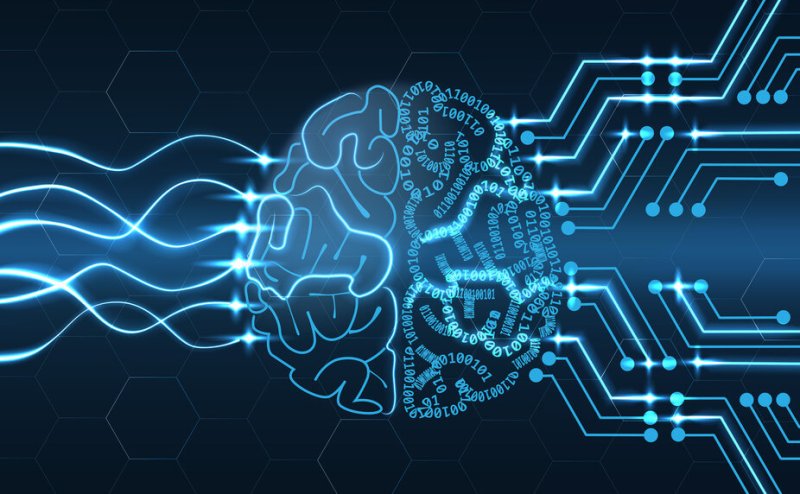AI systems’ tendency to forget the things it previously learned upon taking on new information is called catastrophic forgetting.
…
For years, scientists have been trying to figure out how to work around the problem. If they succeed, AI systems would be able to learn from a new set of training data without overwriting most of what they already knew in the process.
…
But Irina Higgins, a senior research scientist at Google DeepMind, used her presentation during the conference to announce that her team had begun to crack the code. She had developed an AI agent — sort of like a video game character controlled by an AI algorithm — that could think more creatively than a typical algorithm. It could “imagine” what the things it encountered in one virtual environment might look like elsewhere.
…
In short, the algorithm is able to note differences between what it encounters and what it has seen in the past. Like most people but unlike most other algorithms, the new system Higgins built for Google can understand that it hasn’t come across a brand new object just because it’s seeing something from a new angle.
…
[I]t marks an important first step towards AI algorithms that can continuously update as they go, learning new things about the world without losing what they already had.Read full, original post: New Artificial Intelligence Does Something Extraordinary — It Remembers































